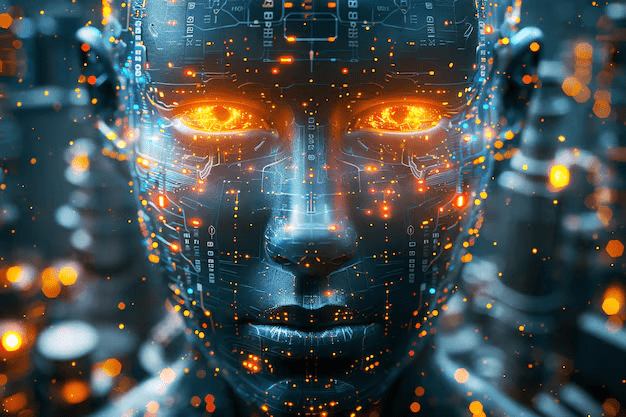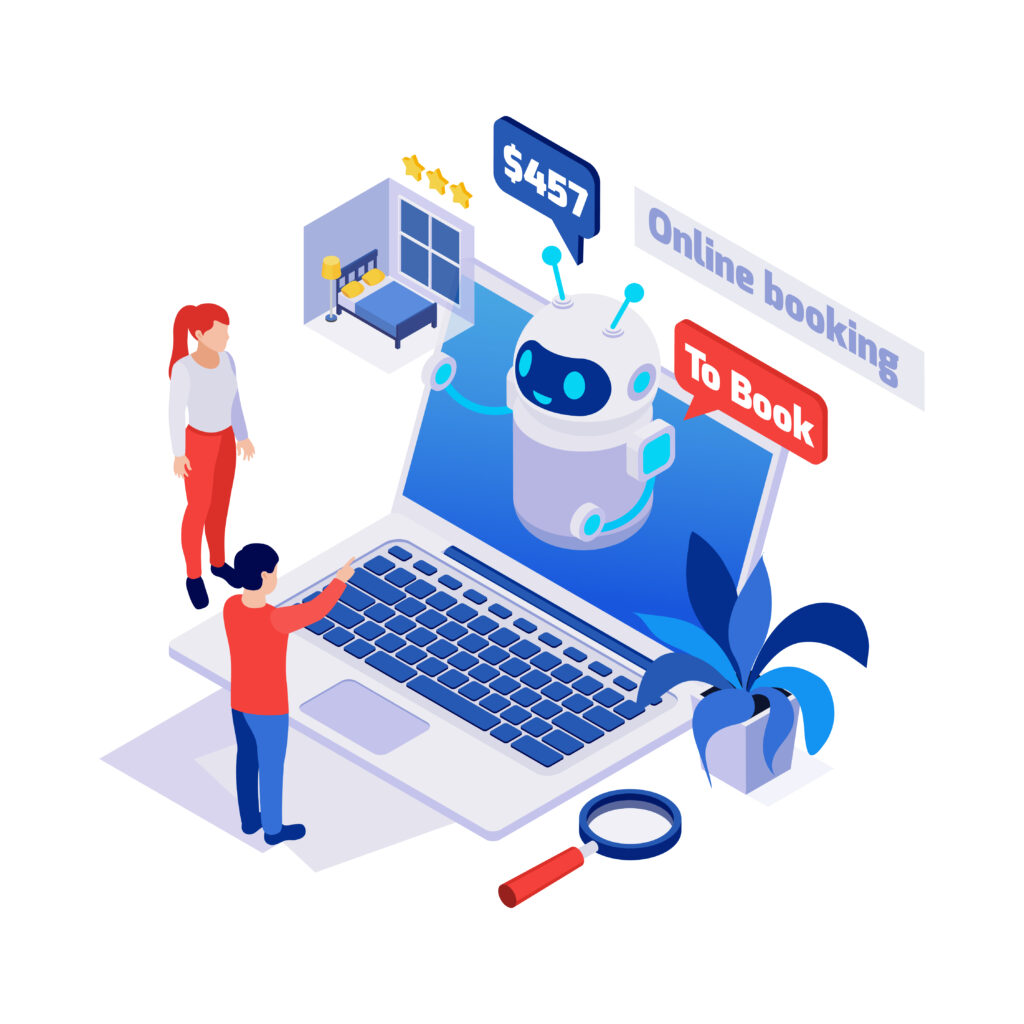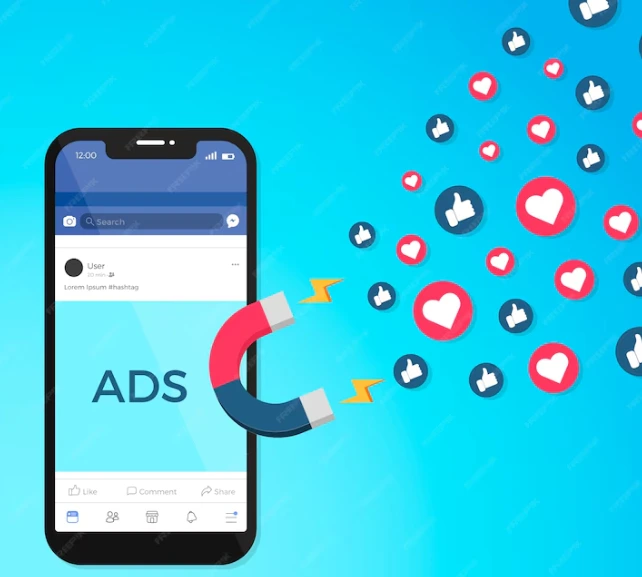The world has entered into the digital economy. Where else do people turn if not for content writing? There’s no other option for businesses, marketers, and creators. Nonetheless, producing high-quality, exciting, encouraging, and constant content is a challenging endeavor that requires time and effort.
Here Comes Generative AI is the first of its kind—a new technology that changes content development processes. However, will it be able to change the nature of the content as well? Let’s investigate the promise, restrictions, and future of Generative AI technology to enhance the automation of content generation.
What Is Generative AI?
Generative AI is a technology that employs algorithms and neural networks such as GPT (Generative Pre-trained Transformer) to produce original content in text, images, audio, and video. In content writing, these model types apply to:
- Writing blog posts, articles, and product-related information.
- Writing captions or creating ads.
- Writing reports, emails, or even scripts for a telegraph wire.
The promise of Generative AI lies in its execution’s ability to form contexts based on tone variety, styling, and situations similar to that of human beings.
The Way Generative AI Enables The Content Writing Process
Generative AI can improve several parts of the content development and creation process. Here’s how it works:
- Idea Generation
AI tools can engage in several kinds of brainstorming around content themes so that it can come up with relevant keywords or topics based on particular inputs. For instance:
Using tools like ChatGPT, Jasper AI, etc., helps writers think in terms of possible topics and tangible outlines for their writing.
AI turns its focus on analyzing trends and search engines and proposes niches that may be appropriate for writing and building.
- Draft Creation
AI has the power to create by completing writing and drafting entire Articles, blogs, and posts for social media in a matter of seconds:
Based on given instructions or mention, AI is easily capable of writing long or short content.
Using natural language processing (NLP) will enable AI to generate tasks and content that are logic-oriented and structured in proper grammatical formats.
- Content Optimization
There is a step further. AI does not stop at just writing but also improves conversion rates:
Provides suitable suggestions on keyword placement and density to achieve better rankings.
Images and videos are supported. AI is capable of good structuring, an audience-friendly tone, and grammar.
- Personalization
Personalized content can be made for an audience with the help of generative AI:
Emails to be sent can be constructed differently using customer data analytics.
Content can be formal or informal, and the feel will be different. For example, Instagram will be relatively Better than LinkedIn.
Benefits of Using Generative AI for Content Writing
- Time Efficiency
AI helps reduce the time and effort spent developing and creating content, which increases focus on strategizing and the steps involved in creating content.
- Cost-Effectiveness
With AI performing most of the repetitive tasks, the number of people required in the content team shrinks significantly, thereby cutting down the cost for any startup or small business.
- Scalability
Generative AI makes it easy for any firm to scale its content production—be it the generation of thousands of product descriptions in an e-commerce website or the regular writing of thousands of blogs.
- Multilingual Capabilities
AI has no language boundaries, so the technology can create content for different nations or countries in their native languages.
Limitations of Generative AI in Automating Content Writing
Generative AI can be credited for revolutionizing how content is created, but it has its fair share of challenges:
- Lack of Originality
Since AI replicates and restates data from already available datasets, it is clear that such authors will repeat similar content many times—not with their own generator of original ideas.
- Limited Creativity
AI can mimic the styles and tones of its writers, but it lacks the emotional depth, understanding, sensitivity, or even cultural orientation of a human author.
- Inaccurate or Outdated Information:
AI uses the information in the training database, but since the data is older, there is a high chance that such data needs to be corrected. In the case of ChatGPT, the data available for its users has a timeframe, and therefore, it is not helpful to see live data.
- Ethical Concerns
Ethical issues are associated with AI content generation, especially the risks of plagiarism, authenticity, and unreliable or biased content provision.
- Contextual Understanding
Sometimes, AI’s understanding of a given topic may be too shallow and confusing, resulting in content that is somewhat off the mark when considering the intended message.
Are the Times Ready for Generative AI to Replace Human Writers Once and for All?
As much as Generative AI can facilitate content generation faster, it still needs to replace the human writer. The reasons are pretty straightforward:
There is indeed a Human Element: Humor, storytelling, drama, and emotional empathy are human domains, not AI domains.
Independent Thought: AI cannot perform primary research, synthesize numerous ideas, or create new angles.
Brand Voice and Authenticity: The so-called ‘human element’ is frequently needed to preserve brand voice consistency.
Rather, generated AI should be regarded as an additional option to human management because it performs dull work while writers focus on creative thinking.
Effective Ways to Apply Generative AI in Content Writing
To utilize Generative AI successfully, it is advisable to adopt specific approaches.
- Don’t use AI for Finishing Touches: AI can prepare a first draft, but the researcher must edit all content after reviewing the final output.
- Do Not Solely Rely on AI for SEO Content Creation: Combine Generative AI with SEMrush or Ahrefs to ensure that the content remains relevant.
- Show AI What Your Brand Voice Sounds Like AI-enhanced content should be tailored effectively to conform to an organization’s brand using custom datasets.
- The sixth essential for improving the reliability of Generative AI-focused content is to always verify AI-generated information and modify it if necessary.
The Future of Generative AI in Content Writing
Generative AI is in its infancy, but the technology has the potential to eliminate many of its current limitations. Other trends that are predicted to arise include:
- More Granular Targeting: AI will effectively target the audience with requisite content.
- Dynamic Changes: Models will use real-time data to provide accurate and timely context.
- Interactivity: AI tools will become more attractive and inviting, making it easier for authors to work alongside AI.
Conclusion
Generative AI changed the game of rewriting content forever, performing such mundane activities as outlining, cutting, and tailoring the text. However, it only addresses some issues and still needs human attention for originality, authenticity, and consistency. The effective use of AI in such instances to replace human efforts allows companies to increase their productivity without sacrificing quality. Therefore, the optimal outcome on the content of the Generative AI is always achieved when both authors and the AI contribute.
Wildnet Technologies is a leading digital marketing company in India that has had the pleasure of nurturing 4,100+ clients and generating more than USD 150 million in revenue over its 17-year journey.
Read More:
- What is the primary goal of generative AI?
- What Is Generative AI, And How Does It Work?
- How Generative AI is Shaping the Future of Healthcare Marketing Services?
- Generative Engine Optimization (GEO): Enhancing AI-Driven Content for Search
- Introducing OpenAI o1-Preview: Pioneering a New Era of AI Reasoning Models
- Improving Your Writing Ability with QuillBot AI
FAQ
- What is generative AI in content writing?
Generative AI refers to artificial intelligence models capable of producing human-like text based on input prompts. - Can generative AI fully automate content writing?
While generative AI can automate much of the content creation process, human input is still required for quality control, creativity, and accuracy. - What types of content can generative AI create?
Generative AI can create various types of content, including articles, social media posts, product descriptions, and more. - Is generative AI reliable for producing SEO-optimized content?
Yes, generative AI can be used to produce SEO-optimized content, but it may need refinement to meet specific SEO strategies and keyword usage. - How does generative AI impact content writers?
Generative AI can reduce the time spent on manual writing tasks, allowing content writers to focus on strategy, creativity, and higher-level tasks.







